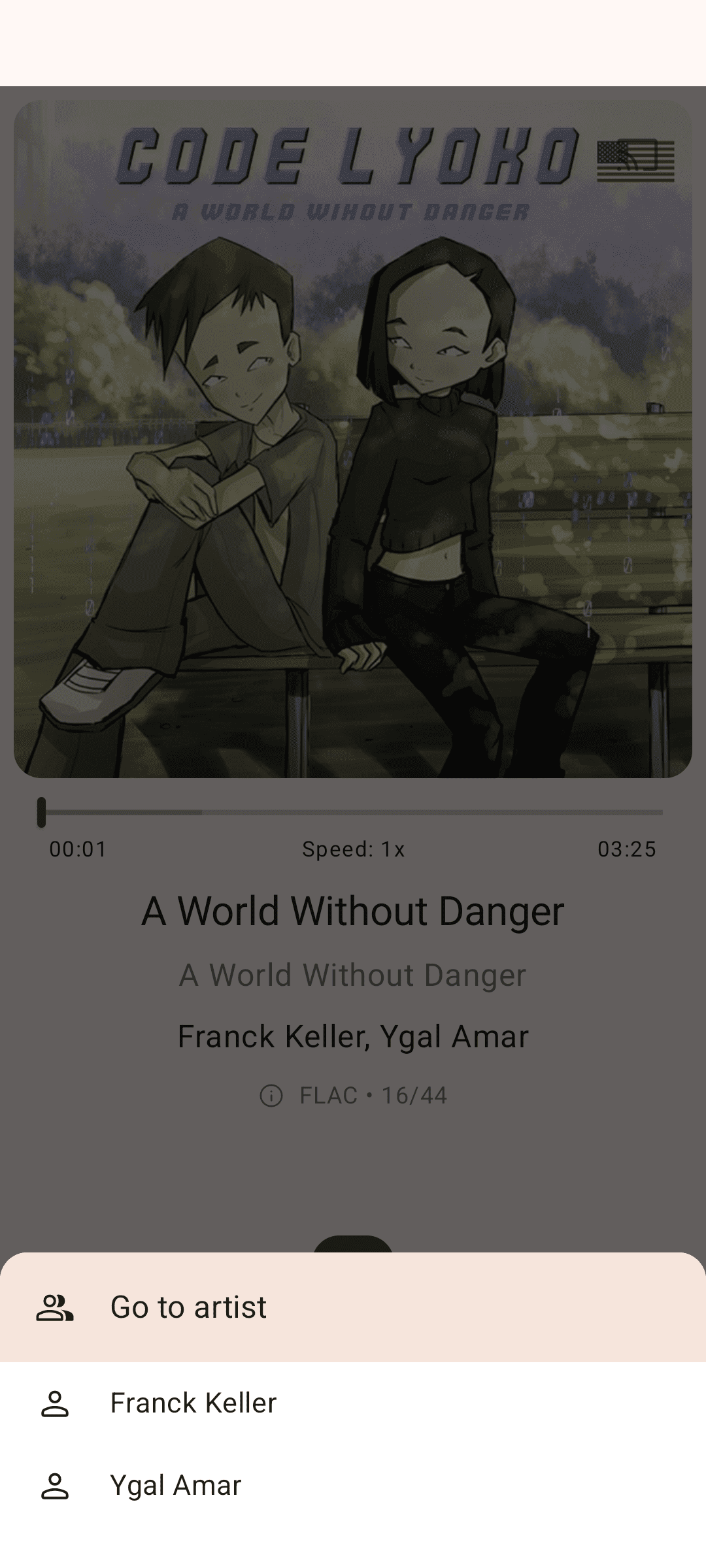I am selfhosting Navidrome for sometimes but its lacks of support for multiple values really bugs me. Since I am having some free time, I’ve decided to write an opensubsonic server in rust (why rust? you guess). The notable features are:
- In-memory transcoding with ffmpeg c api. Faster transcoding with no ffmpeg binary required and no need for pre-configurated transcoding profile.
- Multiple values for artists/album artists/etc.
- Permission models music folder per user.
It is still actively developped and lacks some Opensubsonic features (playlist/starr) and some external integrations like lastfm. However I would like to post it get some feedback about it.
Thank you very much!
Couple questions,
Is Rust that much better than Go?
Would it have been impossible to submit your changes to Navidrome as pull requests?
Does this import the Navidrome database?
Is Rust that much better than Go?
IMHO, rust and go are two differents things. The reason I choose Rust is because it is fast and calling C code from rust is supported really well since Rust’s goal is to become a system language. Navidrome is just calling the ffmpeg binary. While in my project, I’ve compiled the neccessary parts of ffmpeg myself (thanks to vcpkg) and call the function directly from Rust. It leads to smaller and fully static final binary (because no ffmpeg bin) as well as faster transcoding time since we don’t have to wait for the ffmpeg binary to finish transcoding the whole file before load the result from the filesystem to the memory.
Would it have been impossible to submit your changes to Navidrome as pull requests?
You can see here. This is the biggest reason why I’ve decided to start my own implementation. Beside, I share my server with several friends so I want a mechanism to prevent mixing musics from different people.
Does this import the Navidrome database?
This could be a feature request in the future. I could add a python script to import users/songs/playlists/playcount/etc from Navidrome.
Thank you for taking the time to answer. I actually am subscribed to that thread and the upcoming new scanner that fixes that problem. Though now with your new server, you wouldn’t need to worry about that.
I truly wish you luck though. The more awesome subsonic servers around, the better. I hope your project can be just as much of a household name as Navidrome.
Thank you very much for your kind word! I’ve seen that scanner already but decided to reimplement anyway because I want to choose a different design from the start and have the flexibility to add some new features myself (some kind of ML integration like immich and S3 integration). At worse case, I will still use this so no problems :D
This is really cool.
One thing that I find really helpful is when authors put a sample
docker-compose.ymlin their repository and link to it from the readme.md. Helps with the initial lift of getting started.Thank you! Please give it a try and give me some feedbacks XD
This sounds like a cool thing. Will it run on FreeBSD? If unknown, I will likely try and find out this weekend.
Here you go. But setting up a testing environment on github actions is too hard so it is built only for now.
Now that’s awfully cool of you 😄. I’ll give that a spin with Symfonium this weekend; much obliged!
Thank you! I just want to make my server as much cross-platform as possible :D
I am trying adding a FreeBSD CI. Will let you know later if it is working or not
Hey what do you mean by multiple values?
Eg
since they support multiple values well enough.
In the opensubsonic response there will be two fields for artist, one is artistid with only one artist (this is for compatible with old subsonic) and the other is artists with a list of artist ids. The server only sends back the list of artists ids and only these two clients read that field.
Thanks. And so this is good for tracks with multiple artists? For filtering?
Not sure what do you mean by filtering but this is my Symfonium UI




